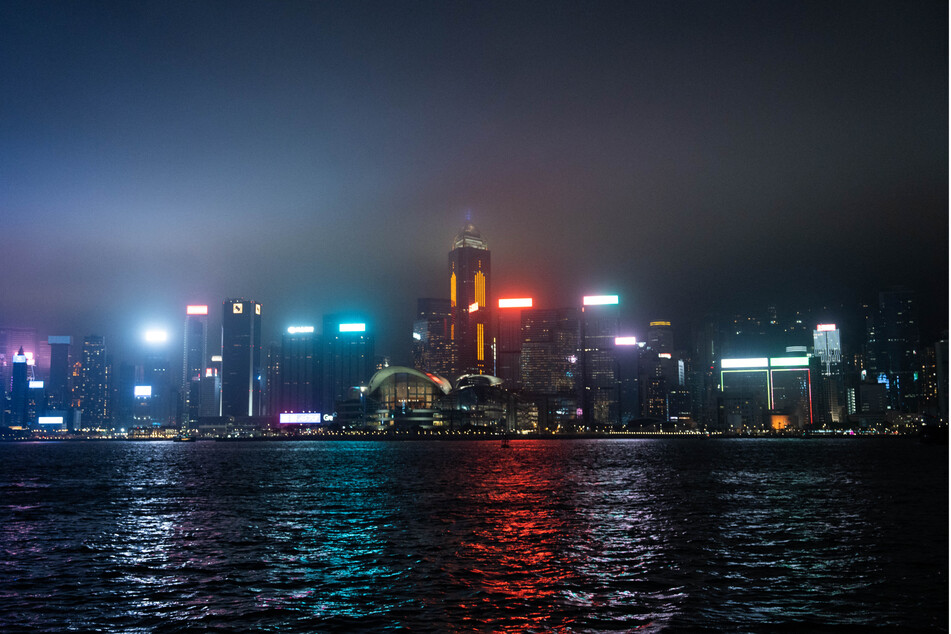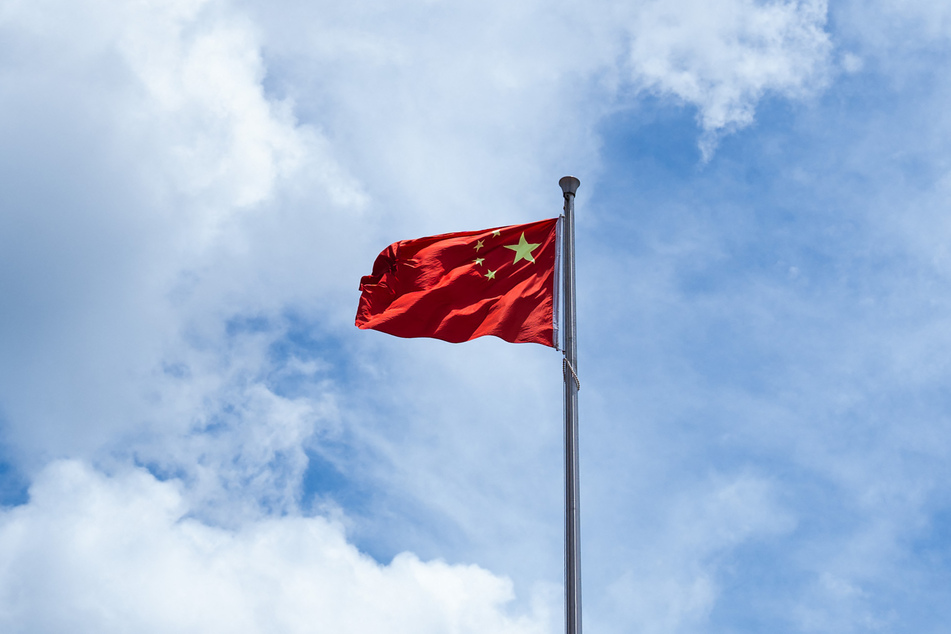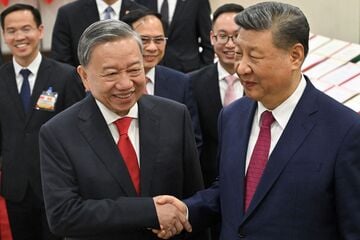Radio Free Asia closes Hong Kong office amid fears over controversial security law
Washington DC - The US news outlet Radio Free Asia (RFA) said Friday it had closed its Hong Kong office over staff safety concerns after the city enacted a controversial new national security law.

The Chinese finance hub last week brought into force a homegrown security law – commonly known as Article 23 – that introduced tough penalties for crimes such as treason, espionage, and external interference.
The law, which prompted swift criticism by several democracies and rights organizations, will work in tandem with a 2020 Beijing-imposed version that has silenced nearly all dissent in Hong Kong and seen nearly 300 people arrested since its enactment.
RFA president and CEO Bay Fang said in a statement that the company no longer had full-time staff in Hong Kong and has closed its physical office, citing "concerns about the safety of RFA staff and reporters."
"Actions by Hong Kong authorities, including referring to RFA as a 'foreign force,' raise serious questions about our ability to operate in safety with the enactment of Article 23," Fang said.
A Hong Kong government spokesperson declined to comment on "operational decisions of individual organizations" but said authorities "strongly disapprove of and condemn all scaremongering and smearing remarks" in relation to the national security law.
"To single out Hong Kong and suggest that journalists would only experience concerns when operating here but not in other countries would be grossly biased, if not outrageous," the spokesperson told AFP on Friday.
Hong Kong's security chief, Chris Tang, slammed RFA last month for "smearing" Article 23 when it reported that some new offenses would target the media. RFA's article had quoted criticism of the law.
When asked whether RFA had breached the law, Tang later said that he wanted to alert the public to wrong information peddled by "foreign forces."
US politicians accuses Beijing of reducing Hong Kong's autonomy

US Secretary of State Antony Blinken, in a report Friday delivered to Congress, said that China has kept chipping away at the autonomy promised to Hong Kong when Britain handed it back in 1997.
Article 23 could be used "to eliminate dissent inside Hong Kong" and overseas as part of China's "ongoing campaign of transnational repression," Blinken said in a statement.
RFA, headquartered in Washington with broadcasts in nine Asian languages, was founded in 1996 with a mission to provide news coverage of places that restrict free media.
RFA is funded by the US Congress but with a mandate of editorial independence.
US Representative Greg Meeks, the top Democrat on the House Foreign Affairs Committee, hailed RFA as a "rare source of independent news coming out of Hong Kong despite facing unrelenting pressure and harassment."
"The closure of RFA's bureau in Hong Kong, after 28 years, is a stark reminder of how brazenly Beijing has extinguished Hong Kong's autonomy," Meeks said.
Fang said that RFA would still cover Hong Kong, but in the same way as it does in closed media environments where the organization cannot station staff.
RFA is the first foreign media outlet to publicly announce its closure in Hong Kong since the national security law came into effect on March 23.
Hong Kong officials have defended the new security legislation as necessary to "plug" security loopholes.
Cover photo: Bertha WANG / AFP

